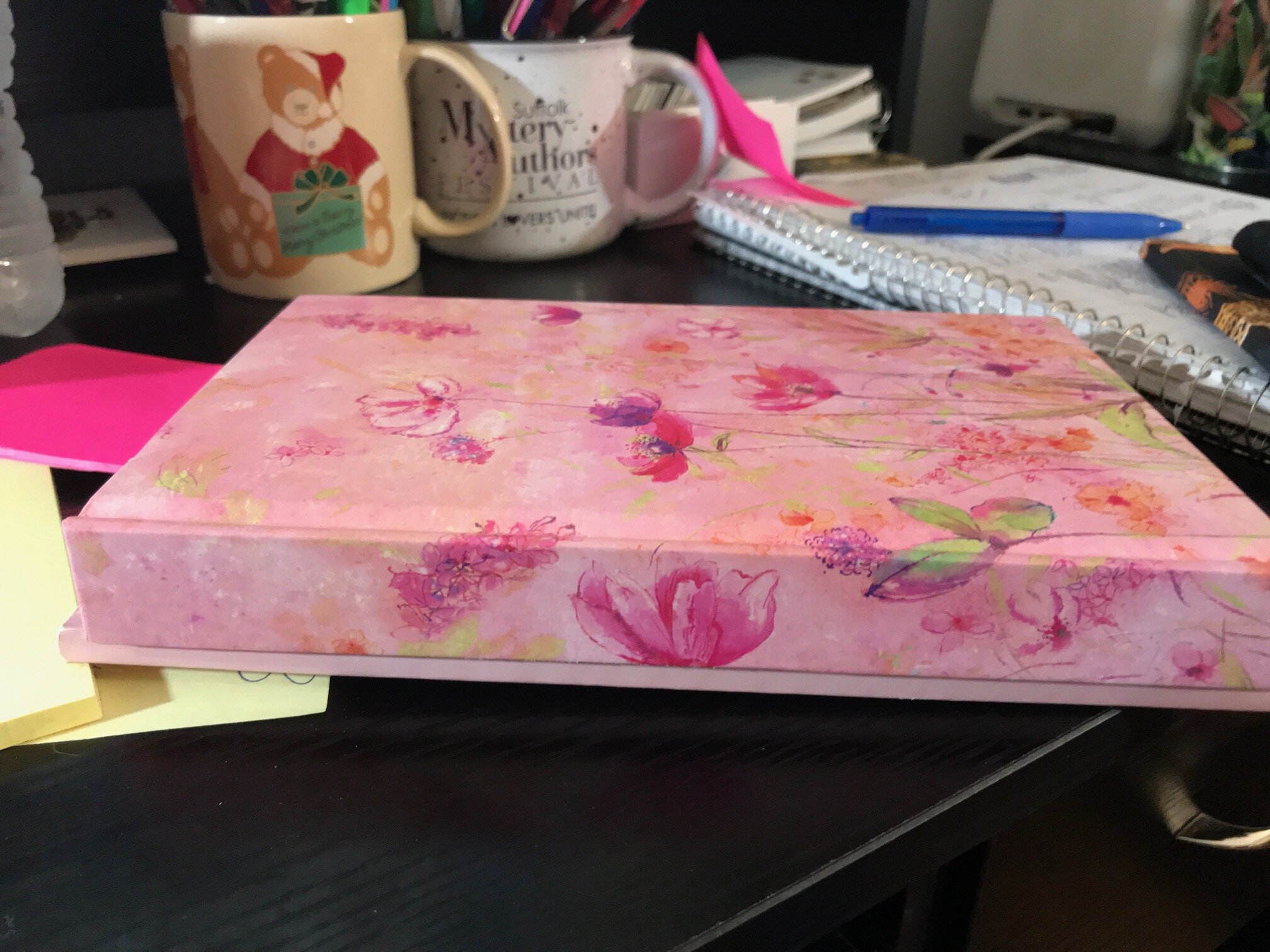Location! Location! Location! Setting is Key
/Setting is key to your story or novel. In some cases, it can even be a character in its own right.
I write where I know. I’ve lived in Virginia all my life, and I love sharing the food, culture, history, beauty, mountains, and beaches with my readers. I use many places, street names, cities, and businesses in my stories. However, if it’s the site of a crime or murder, then I make up the place name.
Google Maps (Street View or Satellite View) helps me find neighborhoods and street names. In my Delanie Fitzgerald novels, she is a private investigator who does a lot of stake outs. I look on the online maps to find her places to park to watch suspects. The online maps help me get an idea of what the area looks like. I look for houses and other buildings. Many of the street views have photos on the site of the neighborhood.
In my short stories in the Virginia is for Mysteries and Deadly Southern Charm anthologies, I use historic areas or landmarks as settings (e.g. Mill Mountain Star in Roanoke, the Chesapeake Bay Bridge Tunnel, Shockoe Bottom, and the Church Hill Train Cave-in). I love using these interesting sites as a backdrop to my mysteries. In my novels, my PI visits a lot of places in Central Virginia. At the end of each book, there’s a list of the sites to let readers know which places are real.
My new cozy series, the Jules Keene Glamping Mysteries, is set in a made up town, Fern Valley, located near Charlottesville, Virginia in the beautiful Blue Ridge Mountains.
I also keep an idea file when I hear about neat events or places. I jot them down for future stories.
Locations and details about them are important to your story. You need to get the culture, customs, and typography of the region right. I actually do a lot of research on setting and locales. People like to escape with books, and they love to find out about new places.















